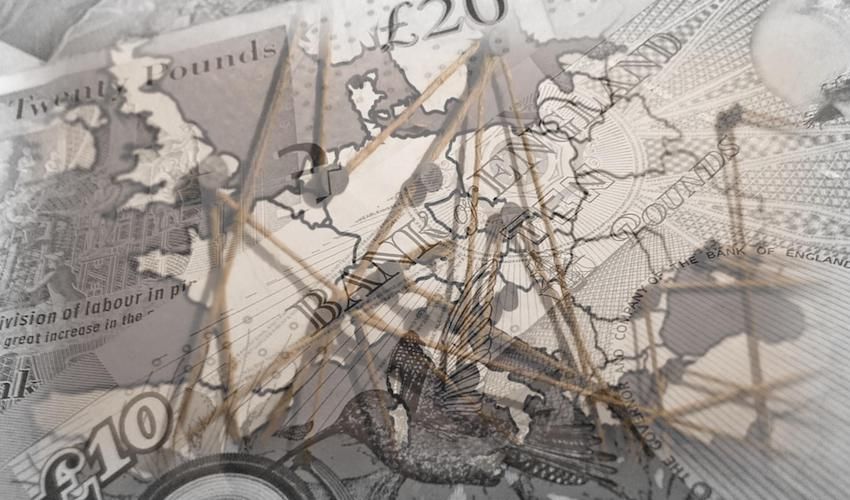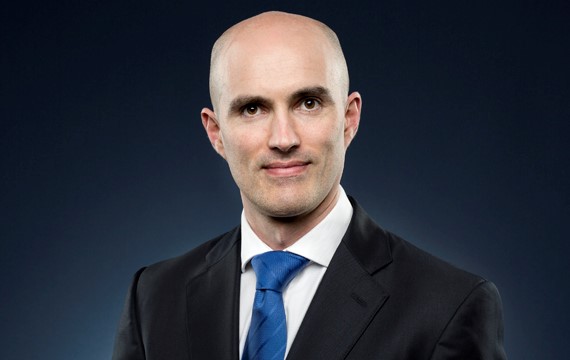

A 20-year-old quandary involving a £10million trust, and a country that no longer exists, has finally been unravelled thanks to the help of a "creative" Jersey lawyer.
The Royal Court case centred on a trust established in the island by the National Bank of Yugoslavia.
Formed prior to the former Social Federal Republic’s collapse in 1992, the trust was intended as a way to buy back its debts cheaply on the secondary market.
But the trustee was left in a difficult situation once the country ceased to exist, with no clear answer as to who was entitled to the money.
Now, after two decades of confusion and many hearings held privately in Jersey’s highest court, the assets are to finally be split and shared among five countries.

Pictured: The countries made up the Former Socialist Republic of Yugoslavia in south-eastern Europe.
The Republics of Serbia, Macedonia, Croatia and Slovenia and the State of Bosnia and Herzegovina will all get a slice of the £9.9million 'Banayou Trust', while the solution to the quandary will also allow several modern states who have not yet made a claim to the trust assets, including Montenegro and Kosovo, to claim against the other states without involving the original trustee.
By modern standards, what used to be the area known as the Socialist Federal Republic of Yugoslavia is now made up of Serbia, Kosovo – although its independence isn’t universally recognised – Montenegro, the Republics of Macedonia, Croatia and Slovenia and the State of Bosnia and Herzegovina.
These changes, which happened gradually over a number of years following the fall of the nation, had ramifications for the trust because, now, all the newly formed countries were also entitled to a share of its assets.
How to administer this distribution fairly amongst them, however, has been the subject of a 20-year court battle, with appointed representatives from each of the newly-formed countries negotiating the quandary for over a decade.
Pictured: The Royal Court judgment made the case public.
In a written judgment detailing the complicated background and resolution in this case, Royal Court Commissioner Julian Clyde-Smith referred to post-Yugoslavia countries as the “successor states”, explaining that they “were invited to agree how the trust assets should be apportioned as between them”, adding that “it is this issue that has taken years to resolve.”
But this month a solution was finally found and the decision was taken to finalise the case in a public written judgement issued by Jersey’s Royal Court.
Advocate Edward Drummond who was appointed as amicus curiae – an impartial adviser to the Court – in this longstanding and complicated case, has been hailed as providing a “creative solution” to the legal puzzle.
This refers to his suggestion of using a part of trust law normally used to cover any future claims from beneficiaries who are missing and presumed dead in order to ensure that countries like Montenegro and Kosovo who have declared their independence at a later date can still make a claim against their neighbouring states for their share of the trust’s assets.

Pictured: Bedell Cristin's Advocate Edward Drummond acted in an advisory capacity in the case and found a "creative solution" to the conundrum.
Of this, Managing Partner at Bedell Cristin, David Cadin, commented: “Edward has a fantastic ability to find creative solutions to problems which hugely benefits our clients. It is therefore unsurprising that he was able to help in this situation. As a firm, we enjoy facing new challenges and finding innovative ways of overcoming them.”
Comments
Comments on this story express the views of the commentator only, not Bailiwick Publishing. We are unable to guarantee the accuracy of any of those comments.